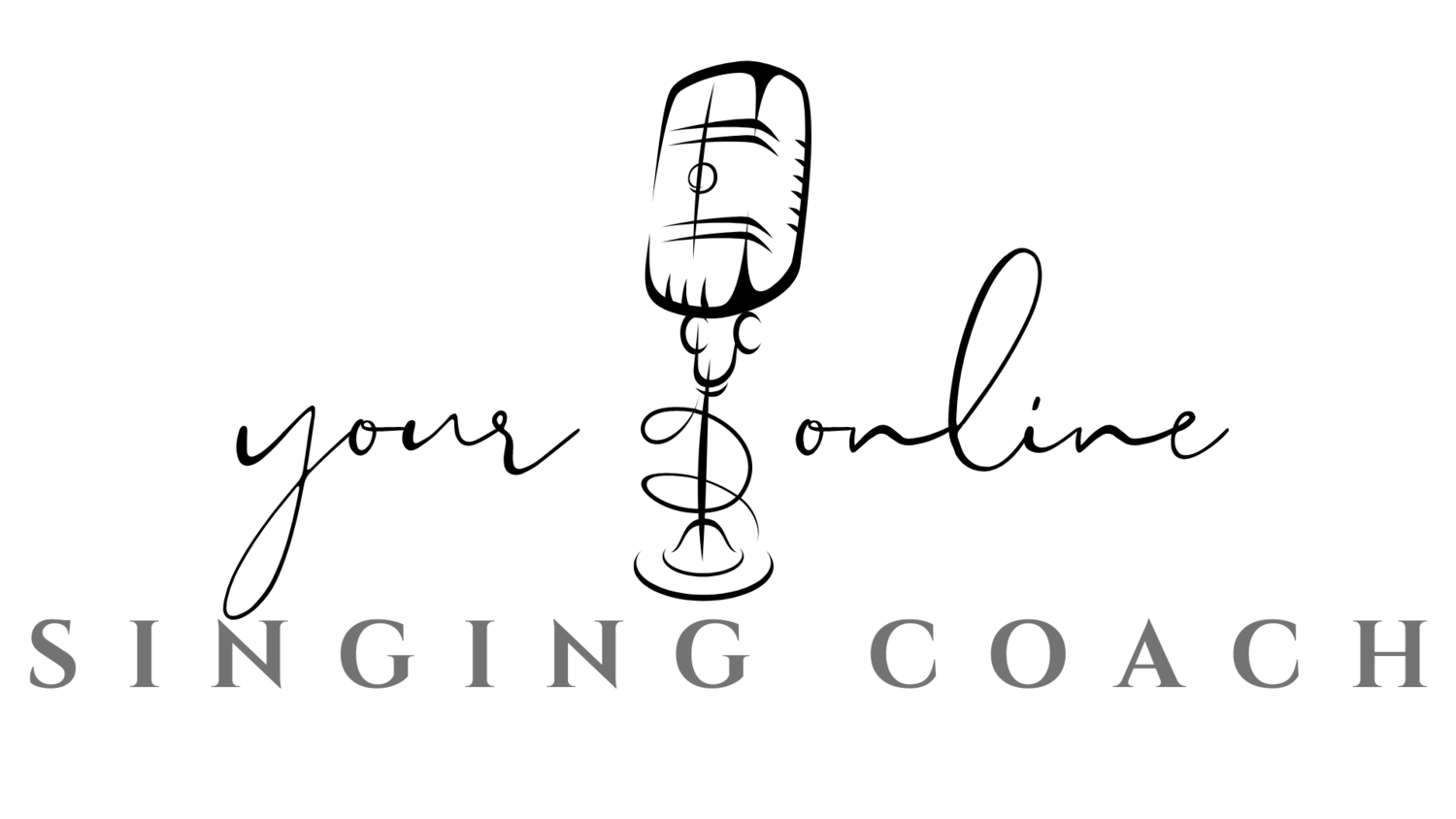My Voice Hurts When I Sing! What Am I Doing Wrong?
Your voice should never hurt when you sing. If you voice hurts when you sing, don’t ignore it! It’s time to make some adjustments to protect your voice and keep your vocal production healthy. Untrained singers can identify a feeling of discomfort or pain, but it can be harder to identify what is causing that sensation. Your best solution is definitely taking a singing lesson with a voice teacher or singing professional, but here are some possibilities to consider:
You may be singing OUTSIDE YOUR RANGE - You may be trying to sing higher or lower than your natural capabilities.
Solution: Change the key to a higher or lower key, don’t expect your voice to be the exact same range and comfort zone as the original singer of a song.
You may be singing TOO LOUD - This is also a very common culprit. You may not only feel pain but you might also hear your voice wobbling or cracking/breaking when you’re singing too loudly. Loud singing must be supported by breathing technique and proper placement.
Solution: Take it down a few notches in the volume/intensity department. This might mean you have to flip into a head voice or falsetto instead of belting out a note. It’s always better to play it safe and not hurt your voice - or anybody’s ears for that matter!
You may be singing in THE WRONG REGISTER - In this case, most commonly, you may be singing in chest voice when you need to be singing in a mix voice. You may be singing in a head voice when you need to flip into falsetto voice. The second and third bullet on this list can be happening at the same time - you want to sing a note strong and loud, and so you try to force it into a register where you’re able to power a note…but as I said in the first bullet - just because a singer you hear is able to create that powerful sound on that particular note, that doesn’t mean your voice works the same way - our voices are like snowflakes. No two are alike, work with the shape of your unique snowflake.
Solution: Learning mix placement is the key to be able to sing out strong without potentially creating damage. This usually requires years of practice, it’s one of the specific skills most people are interested in learning and honing during voice lessons. For a fantastic e-course on mix voice, I highly recommend “Mastering the Mix Voice” from my website!
You may already have some VOCAL DAMAGE - Don’t freak out just yet! If you have a node or polyp or a hoarse voice, it is sometimes possible to heal these with vocal rest and/or working with a Speech Language Pathologist (SLP) to train you how to use your voice in a healthy manner. You might have an issue as simple as acid reflux, which can be treated with a variety of medications. You may need surgery, but even that’s not the end of the world - a surgery performed by an Ear, Nose, Throat Doctor (ENT), and likely specifically a laryngologist can remove the damage without creating new damage (make sure you’ve got a good doctor, though!).
Solution: If you experience pain even when you’re talking, or for an extended period of time, if it’s constantly hoarse, or you’ve lost range, schedule an appointment with an ENT who can look at your vocal cords and tell you if there are any problems. They can also refer you to a SLP.
